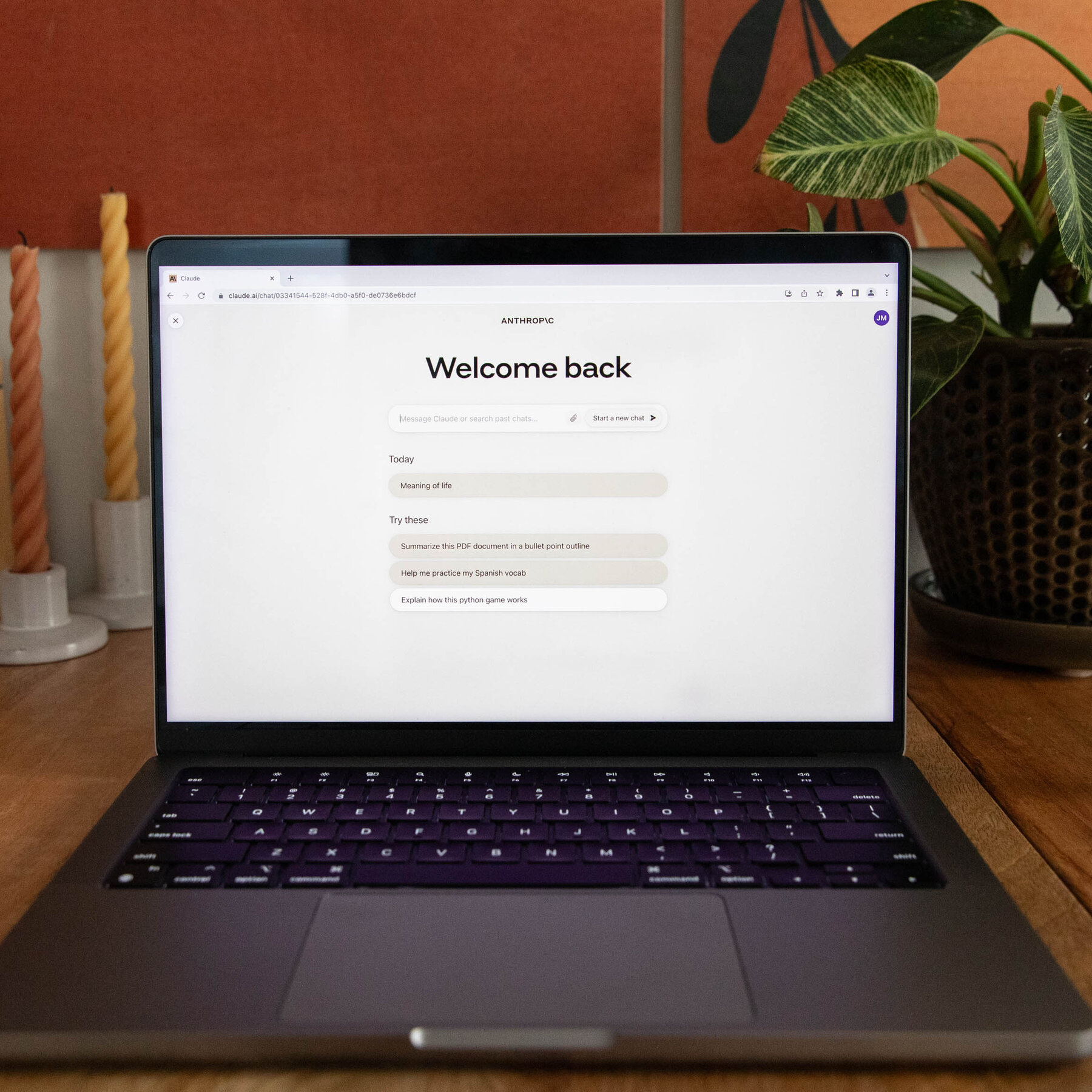Running a business comes with significant pressures—financial, operational, and personal.
The constant question of success or failure, combined with economic uncertainty, adds to the strain. Over the past five years, challenges like COVID-19, inflation, and recession fears have placed a heavy burden on business owners, particularly in the small business sector.
Research by Xero, which surveyed over 4,600 small business owners, revealed 48 percent of leaders in Australia are grappling with mental health issues and experience lower levels of wellbeing, a stark reminder of the pressures of leadership.
R U OK Day this week, is a timely reminder of the importance of addressing mental health head-on, starting with open conversations. So, here are a few actionable steps to help check in with yourself and those around you.
Small Steps to Better Mental Health
Ask Yourself: Are You Ok?
Life often pulls us in many directions—from financial pressures to family commitments—leaving little time for self-reflection. However, it’s essential to stop and ask, “Am I OK?”
Globally, stress levels have hit record highs, recent data from 2023 shows that 12.9 percent of Australian adults are experiencing severe psychological distress—up from 8.4 percent pre-pandemic in 2017. This increase has not returned to pre-pandemic levels, reflecting the long-term mental health effects of COVID-19, compounded by additional recent pressures like rising costs of living and economic uncertainty.
When stress persists, our bodies flood with cortisol, which can lead to serious health issues like cardiovascular disease, immune dysfunction, and diabetes, according to the World Health Organization (WHO).
By tuning into your emotional state, you can spot early signs of stress and burnout and start meaningful conversations that spark change. Likewise, sharing your experiences can create a safe environment for others to open up.
2. Change the Narrative
With inflation and economic pressures persisting, it’s easy to feel pessimistic. Yet, research consistently shows that optimism can improve mental health, reduce stress, and lead to better overall outcomes.
In business, hope and resilience are essential. Winston Churchill famously said, “A pessimist sees the difficulty in every opportunity; an optimist sees the opportunity in every difficulty.” By reframing negative thoughts, you can build the resilience needed to lead with strength and maintain mental well-being.
A practical way to shift your mindset is to practise mindfulness or meditation. These practices help challenge negative thought patterns, allowing you to regain focus and reduce stress. If you’re new to meditation, try apps like Headspace or Balance.
3. Practice Self-Compassion
Business leaders often place immense pressure on themselves, yet self-compassion is key to sustaining well-being. As of 2023, it is estimated that 316 million people globally live with depression, and around 489 million people suffer from anxiety disorders, according to the Global Burden of Disease Study conducted by the Institute for Health Metrics and Evaluation (IHME).
With mental health conditions at an all time high, especially since the pandemic, which triggered a 28 percent rise in cases of major depressive disorder and anxiety disorders, practices like gratitude, empathy, and self-kindness have never been more important.
Dr. Kristin Neff, an expert in positive psychology, highlights three core elements of self-compassion: self-kindness, common humanity, and mindfulness. You need to accept that, like everyone, you’ll face setbacks—but unlike most people, the risks you take as a business leader are bigger, and the setbacks can be harder and more isolating. Practising self-compassion means setting realistic expectations and acknowledging that mistakes are part of the process, so allow yourself to learn from them without being too self-critical.
4. Bring Fun Back into Life
When life becomes overwhelming, it can feel counterintuitive to step away for fun. However, research by Psychologist Jacki Short at the Sydney Centre for Creative Change, has found incorporating enjoyment into your routine can boost your mental health.
Short argues that having fun positively affects both mental and physical well-being, offering resilience in tough times. However, the trick is, regardless of the activity, the outcome doesn’t need to meet extrinsic goals, the activity should simply be enjoyable.
Building fun into your workweek, whether through team outings, wellness activities, or personal hobbies, helps re-energise and reduce stress. Even small moments of laughter or joy can provide perspective and help with your mental wellbeing.
Recognising Mental Health and Burnout Warning Signs
Spotting mental health warning signs in yourself or someone else is critical for early intervention to address issues before they escalate, leading to better mental health outcomes. Here are a few warning signs to look out for.
Feeling uninspired: A long-term lack of motivation might indicate burnout. Taking breaks, even short ones, can boost productivity and happiness.
Loss of focus: Struggling with concentration? Delegate tasks to team members or prioritise essential work. Leaders need rest too.
Increased stress levels: Daily stress can build up. Meditation or walking in nature can lower cortisol levels and improve clarity.
Frustration: Feeling irritable more often? Address the root causes of your frustration and take breaks to avoid burnout.
Avoiding social interactions: If you’re withdrawing from others, try engaging in light activities outside of work. Rebuilding a work-life balance helps refresh your outlook.
Trouble sleeping: Difficulty sleeping due to work stress is a red flag. Apps like Headspace can help you unwind and disconnect from business worries.
Feeling overwhelmed: When tasks pile up, break them into smaller, manageable parts. Lean on friends, family, or professionals for support.
Resources for Better Mental Health
Mental health and wellbeing support and resources for business owners by the Government
Beyond Blue’s NewAccess for Small Business Owners is a guided mental health coaching program. It’s free, confidential, and convenient. Available nationally by phone or video call, no GP referral is required.
Ahead for Business helps small business owners take action on their mental health and wellbeing through personalised resources and tools tailored to their specific needs.
Keep up to date with our stories on LinkedIn, Twitter, Facebook and Instagram.
As leaders, we often find ourselves juggling multiple responsibilities, facing constant pressure, and dealing with uncertainty. Mental Health and Wellbeing, News, Ceo Dynamic Business










